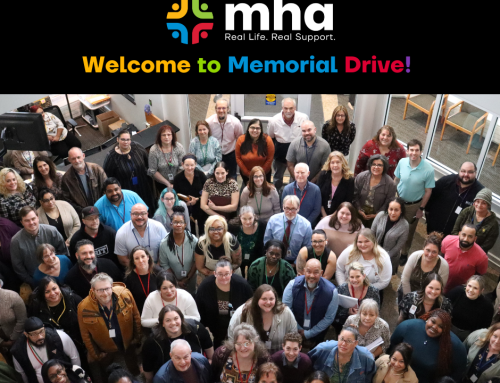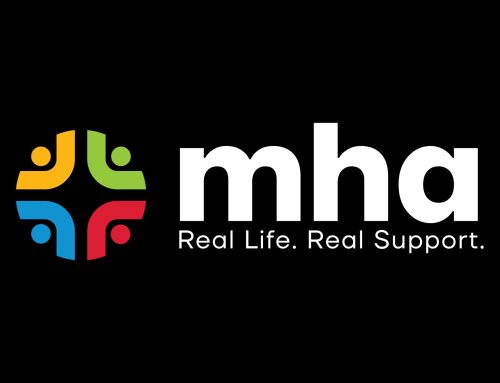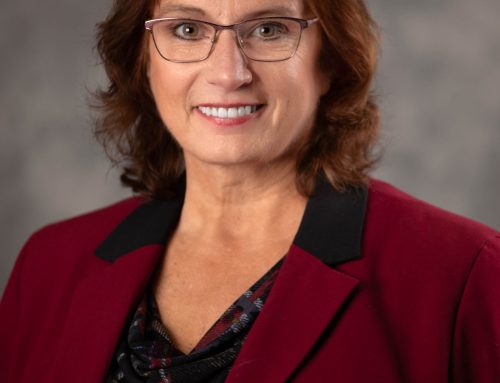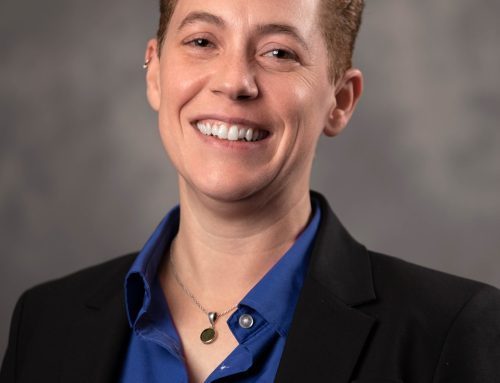The Executive Office of Health and Human Services and the Massachusetts Department of Public Health (DPH) announced $8.2 million in funding to provide transitional or permanent housing for 1,000 individuals and 147 families in treatment and recovery from substance-use disorders. Thirty-six organizations across the Commonwealth, including Springfield-based MHA, will provide housing stability and support that reduces the risk of relapse, increases independent-living skills, and supports recovery.
As part of this funding, MHA has been awarded two housing stabilization contracts to support individuals with wrap around services to help sustain both their housing and recovery. “Stable housing is the biggest barrier to moving out of recovery programs,” said Christine Palmieri, Vice President, Division of Recovery and Housing for MHA. “It’s really frustrating to be stuck in a recovery program that you have done well in because you don’t have a safe place to land. Safe, affordable housing is such a crucial part of recovery and these new programs will give more people more options to access safe, affordable housing opportunities. People served by these programs will gain the tools, skills and resources they need to be successful as they take the next step on their recovery journey.”
Services will be provided based on an individual’s specific needs. Transitional housing will be provided for those who would benefit from a group sober living environment and emphasize stability, the development of natural supports, and the acquisition of skills and resources needed to move on to independent, permanent housing. Permanent housing supports will be provided to those already living independently who would benefit from additional support to maintain stable housing and long term recovery. . Those in treatment or who have relapsed would receive support services to ensure there is no lapse or loss of housing while in treatment. Additional services include care coordination and facilitation of access to benefits including health insurance, transportation, supported referrals to employment services, and on-site or community-based life-skills training.
The grant award will continue until 2030 and will be funded through a combination of state appropriations, the Substance Abuse and Mental Health Services Administration’s Substance Abuse Prevention and Treatment block grant, and U.S. Department of Housing and Urban Development supportive service funding.
